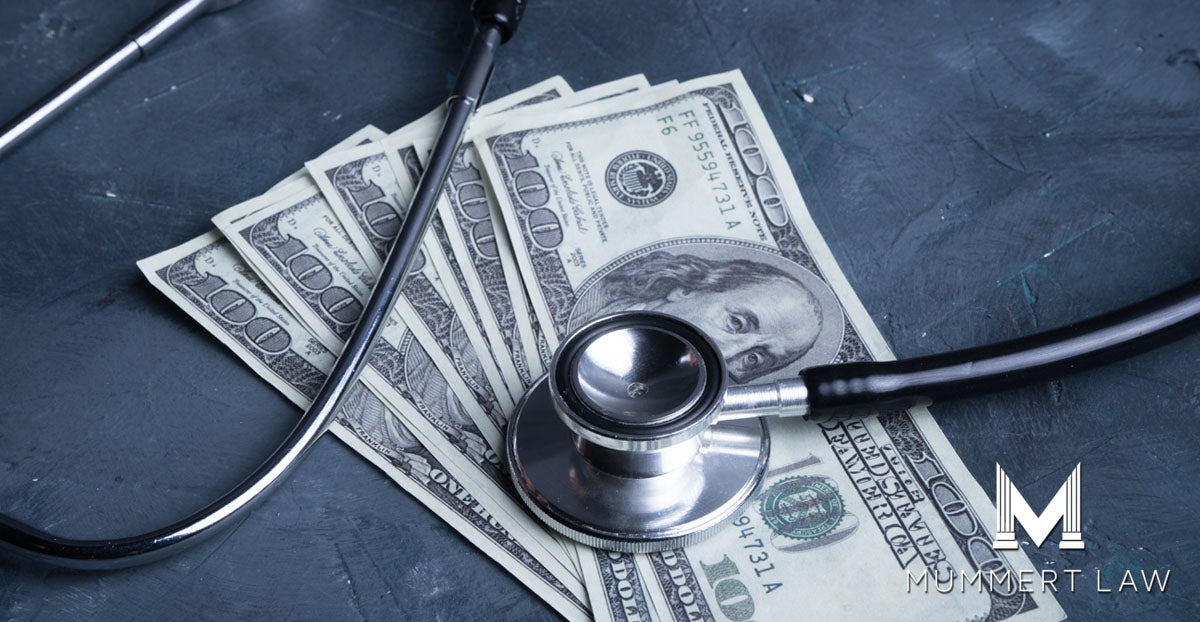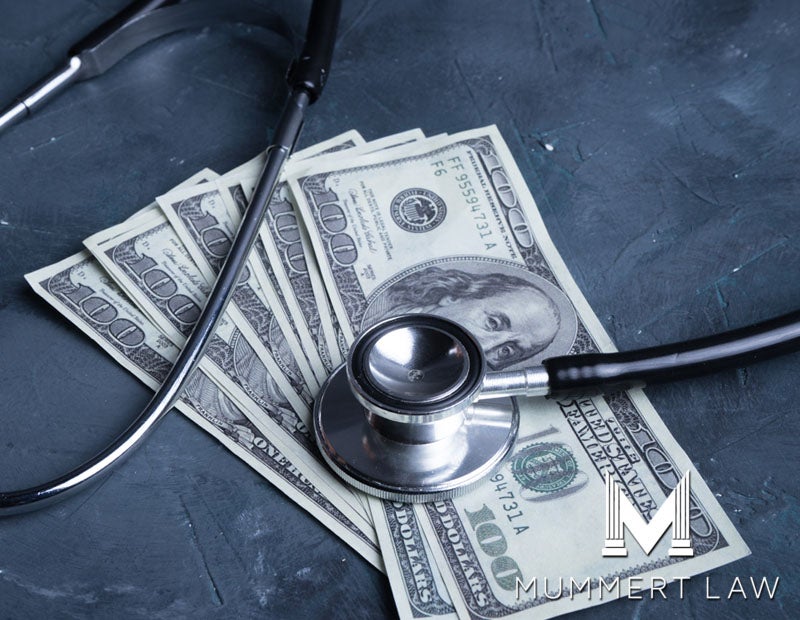Medical Debt in Bankruptcy

 One of the foremost reasons individuals file for bankruptcy is because of medical debt. Why? Because planning your medical future can be difficult, if not impossible. Unexpected illnesses or other medical emergencies are a fact of life. Although we are grateful when we survive an emergency, we are often shocked by how much the medical issue costs.
One of the foremost reasons individuals file for bankruptcy is because of medical debt. Why? Because planning your medical future can be difficult, if not impossible. Unexpected illnesses or other medical emergencies are a fact of life. Although we are grateful when we survive an emergency, we are often shocked by how much the medical issue costs.
Medical providers are quick to pursue their debt. They usually only send one invoice and then refer you to a debt collector. The debt collector will then send letters as well as call you, early and often. Suppose you do not agree to their terms. In that case, they will put derogatory information on your credit report and possibly refer you to an attorney to file a lawsuit.
One way to bring relief is to consider filing bankruptcy to eliminate or reduce your medical bills.
About Medical Debt
Medical debt is money owed to doctors, hospitals, or other medical providers or organizations. This type of money owed is defined as unsecured debt. Unsecured debts are a loan (i.e., money owed) and not backed by collateral (e.g., a house or vehicle). However, if you are sued in court over the debt, the money judgment can is often attached to collateral like your house.
When you’re overwhelmed with medical debt, there may be various options available to reduce it. One option is to talk to the provider about a payment plan. However, many providers want an immediate payment to satisfy the whole debt. Many consumers will turn to credit cards to pay the medical bills, leading to a larger monthly payment on the obligation. Other consumers will refinance their house to pay the bill. In Maryland, consumers should never withdrawal money or take a loan from their retirement account. This asset is 100% protected, and medical providers cannot attach it or garnish it to obtain money to pay the bill.
Bankruptcy may also be a debt relief option to consider.
Bankruptcy and Medical Debt
Bankruptcy is a legal process consisting of federal rules and laws, offering a solution to financial problems for businesses and individuals.
Medical Debt, Chapter 7, and Chapter 13
One challenge you may be facing is deciding which chapter of bankruptcy to file when you’re dealing with medical debt. Your situation and the ability to meet specific qualifications will help you determine which way to file. Let’s briefly look at Chapter 7 and Chapter 13 bankruptcy.
Medical Debt and Chapter 7 Bankruptcy
Chapter 7, known as “straight bankruptcy,” aims to liquidate most, if not all, of your debt in exchange for your property, including your medical bills. All medical bills for services provided before bankruptcy filing should be discharged even if the service provider has not submitted an invoice. A provider can still collect against any health insurance, but any co-pay or uninsured amount will discharge. The only exception is if the creditor can prove an exception to discharge like a fraud.
To be eligible to file for Chapter 7 bankruptcy, a qualified attorney will examine your income, expenses, assets, and liabilities. Suppose your household is either below median income for Maryland, or you pass the means test. In that case, you qualify for Chapter 7 income from an income point of view. We also examine to make sure there are no assets available for a Chapter 7 Trustee to sell or liquidate.
Medical Debt and Chapter 13 Bankruptcy
Chapter 13, known as the repayment/reorganization plan, is a way to reorganize your debt. As a result, you’re able to keep your valuable property that could have been sold in Chapter 7 and pay off what you can over time. You’ll be placed in a three to five-year payment plan during which you’ll pay your debts according to the Bankruptcy Code priority, liquidation analysis, and disposable monthly income analysis.
However, because medical debt is an unsecured or lower priority debt, you’ll pay those last. On the other hand, first, you’ll have to pay priority debt, including domestic support obligations, administrative expenses, and taxes.
Eligibility for Chapter 13 is determined by the amount of secured and unsecured debt you are currently carrying. You must also be able to make your monthly payments to creditors. Upon completing your Chapter 13 plan and entering the Chapter 13 discharge, you will eliminate your medical debt.
If you have medical debt and are considering filing for bankruptcy, Mummert Law can help! We are available for a consultation, at which time we’ll sit down together, evaluate your position, and determine the best way to proceed. So don’t go it alone when it comes to bankruptcy. Make your appointment with Mummert Law today!

